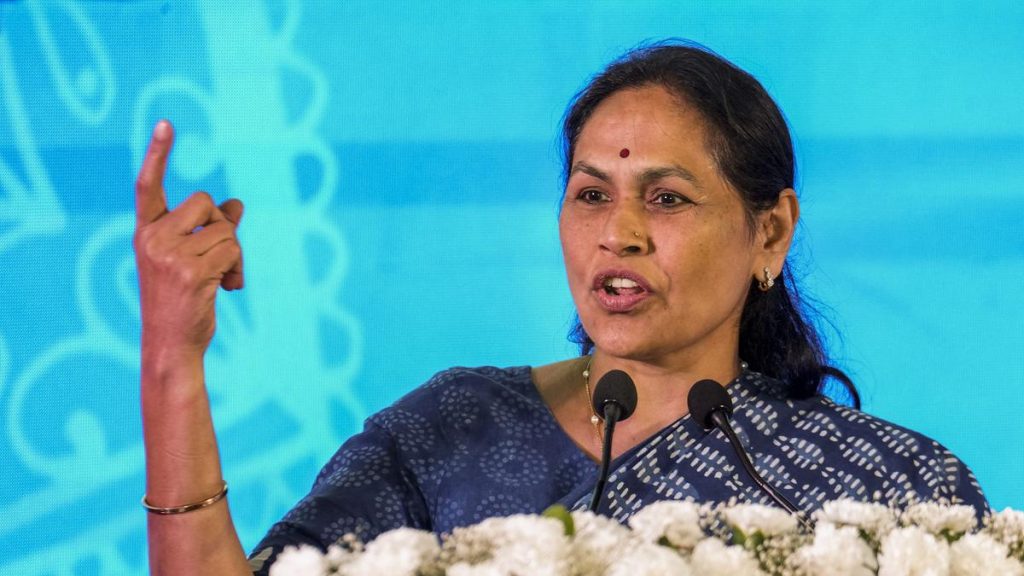Now Reading: Rise in Early-Onset Cancers Sparks Questions Over Causes
-
01
Rise in Early-Onset Cancers Sparks Questions Over Causes
Rise in Early-Onset Cancers Sparks Questions Over Causes

Speedy Summary:
- Early-onset cancers (under age 50) are rising in the U.S., especially 14 types, including breast, colorectal, kidney, and uterine cancers.
- Breast and uterine cancer rates increased across all early-onset age groups; colorectal and kidney cancers rose among those aged 30-49.
- Obesity is highlighted as a important risk factor for rising cases of colorectal, kidney, and uterine cancers. Studies suggest over half of uterine cancer diagnoses in younger people may be obesity-related.
- Changing reproductive patterns (earlier menstruation onset,fewer births later in life) may contribute to higher breast cancer incidence in younger populations.
- Enhanced screening practices are identifying early-onset cases more frequently due to genetic predisposition or incidental imaging findings during unrelated medical tests.
- Early-life environmental exposures like colibactin from certain E. coli strains have been linked to DNA mutations increasing early-onset colorectal cancer risk.
Image Caption: Increasing prevalence of some cancers under age 50 may stem from a variety of lifestyle changes or detection improvements. [Image Credit: Morsa Images via Getty Images]
Indian Opinion Analysis:
The rise in early-onset cancer rates reported globally highlights challenges that could resonate significantly for India. While obesity rates in India remain lower than western levels historically associated wiht such increases, urbanization and shifting dietary habits pose emerging risks. Additionally, India’s evolving reproductive trends-lower fertility rates among urban women-might similarly affect breast cancer trends noted elsewhere.
Enhanced screening protocols mentioned for the U.S., including genetic testing for high-risk individuals like BRCA mutations carriers, underscore potential preventative care strategies applicable within an Indian context were health infrastructure gaps persist. Moreover, studies on environmental factors such as prenatal exposure hold relevance amid debates around industrial pollutants impacting public health domestically.
Addressing concerns about young-age lifestyle factors through strategies targeting education on active living and longevity-focused healthcare policies could reduce future burdens while focusing specifically on population growth influences unique to India today.























